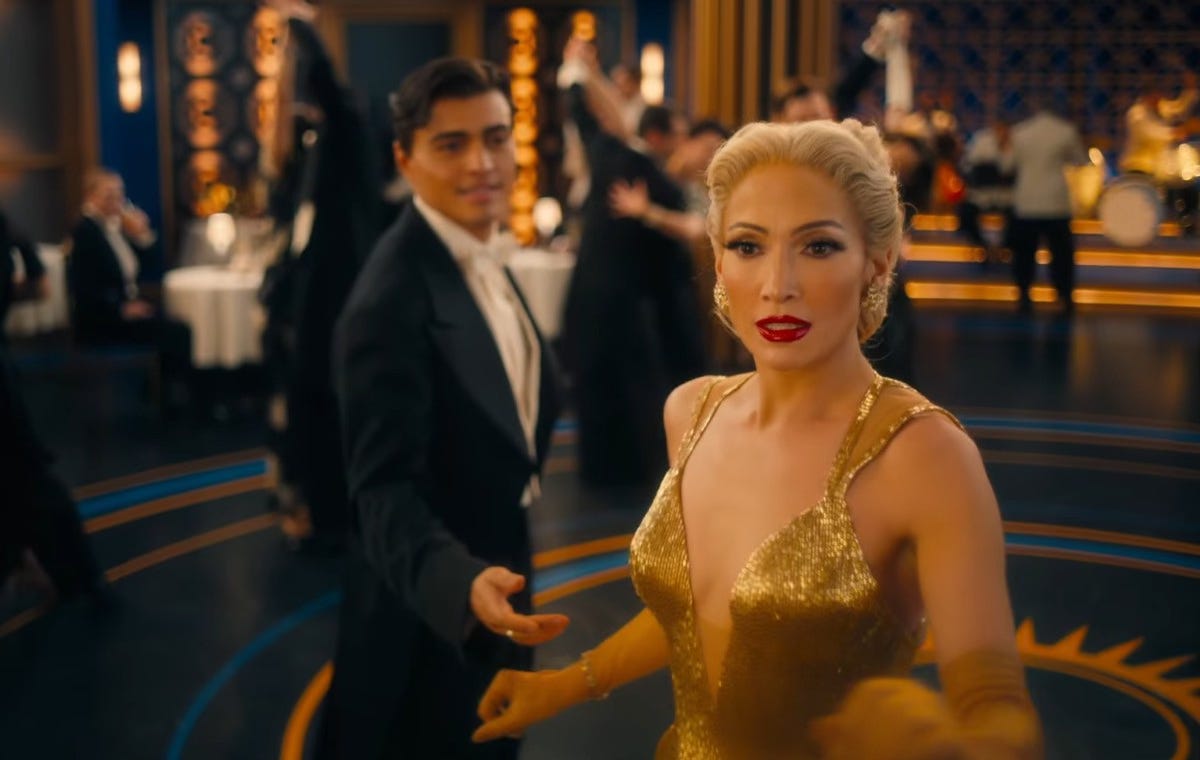Kiss of the Spider Woman
2025
Kiss of the Spider Woman has been told for audiences of six consecutive decades now. The source novel by Manuel Puig was published in 1976. The first film adaptation was released in 1985 and won William Hurt the Best Actor Oscar. Legendary Broadway composing team John Kander and Fred Ebb (Chicago, Cabaret) debuted the stage musical in 1993, and it swept…




